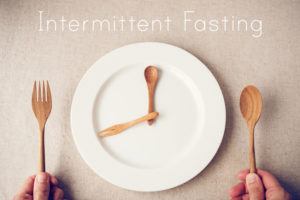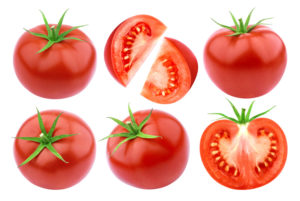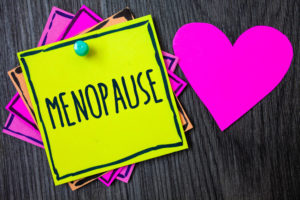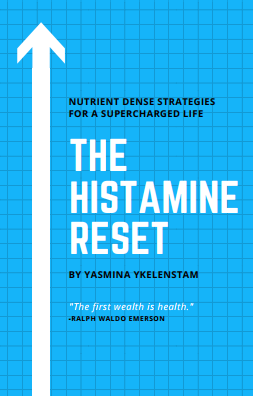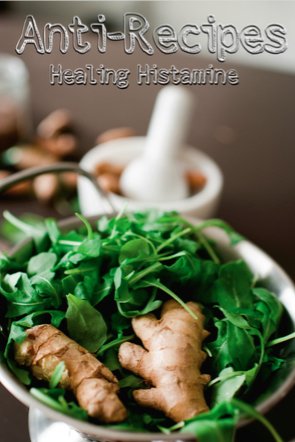
Eating out might seem like a total fantasy when you’re starting out with histamine intolerance, but there’s many ways to get exactly what you want, without you, your waiter, or dinner companions, going nuclear. Here’s how to deal with histamine intolerance in a restaurant setting.
I eat out a lot. Like really a lot. I have no choice. Friends, family, business, it all revolves around food. I’ve done the hermit thing, I found that the stress of being alone all the time and missing out on valuable human contact was more counter productive than biting the bullet and taking a chance on eating out. As my confidence in my ability to get exactly what I needed in restaurants grew, the paralysing stress that prevented me from leaving the house for many lonely years ebbed away.
Let’s kick things off by working on the assumption that no matter how bad things might be now, they will get better, because they do.
I personally believe that eating out and socialising is part of the healing process.
ASSESS THE LAY OF THE LAND
The key to successfully eating out is in first doing your research.
Checking out restaurants online is an absolute must.
Make a list of your top choices and identify what you can eat on the menu.
BEST BETS
These are only suggestions please double check your order and make sure to ask your waiter for a full list of ingredients no matter what I say below…
Soy free vegan restaurants: lots of nice rice dishes, rice noodles, veggies. They’re also used to dealing with fussy eaters.
“From scratch” steak houses: in a pinch a baked potato with steak/chicken/grilled salmon, side order of broccoli/market vegetable.
Mexican: corn tortilla, black beans, fajita veggies, rice.
Lebanese: falafel, grape leaves (hit or miss), hummus served with chopped cucumber and carrots, kafta, lamb chops, mixed greens, rice. Avoid the shish tawook or skewered chicken, it’s usually left to marinate overnight.
Thai (good quality): pad thai (ask if there’s preservatives in the tamarind sauce, hold the tamarind, peanuts and egg maybe), or just ask for plain rice noodles with veggies and no sauce (they’ll have sesame oil on them, make sure they’re not using soy oil).
Italian: they usually have excellent side dishes of veggies and some will have gluten free pasta which I ask for with veggies. Also fresh fish or meats with veggies.
TRY TO SWING THE VOTE
It’s always easier if you manage to get people to the restaurant that you’ve already scoped out. Some of my friends know that when we meet up, we’re hanging out at the raw vegan place (not because I am one, just because it’s fresh and the desserts are great).
FIND YOUR ALLIES
Try to arrive before everyone else and find the host/manager to talk to.
I used to go with something to the effect of: “So I have a stomach issue. My doctor asked me to stick with super fresh food for a little while. How about XXX on the menu, do you think that’ll work for me? Was it made from scratch today? Is there anything in this dish that’s not indicated in the menu description?”

In particular I learned to ask them to please give me a run down of everything that’s in the dish that I’ve scoped out. You also learn that certain things are always paired with X, so try to learn on the fly, it’ll serve you well! (Pun intended).FRAME OF MIND
There’s little point in going out to eat and socialise if all we psych ourselves out over it. I understand that it’s great having a sympathetic ear, but eventually people get fed up of hearing of how miserable life is (I know because I drove all my friends away doing it). While it might make us feel better to constantly unload on friends, let’s take a moment to consider that doing it isn’t just making them unhappy, it could be cementing our own thought process regarding the situation. There’s plenty of people out there who’ll take issue to this, but we’re not debating whether we’re sick, or that we should be allowed to share that we feel that way, it’s about trying to identify the good, what makes us happy, what makes life more bearable, and sharing that happiness with those around us. No one expects us to be “on” all the time, it’s not normal to be that happy! But training ourselves to see the good will increase quality of life.
I speak from first hand experience.
I spent years unloading my pain and fear regarding this condition on friends and family. Going out for dinner with them involved my ordering a glass of water or bowl of boiled rice after I deemed the restaurant to be “unclean” or “unhealthy” in some way.
And then I’d complain I could smell the dishwashing liquid on the glass and chlorine in the water and proceed to lecture everyone on how chemicals are killing us.
I wasn’t doing any of us a favour. Eventually I realised that the stress I brought to the table would affect my present state of mind, and how the food affected me. My unhappiness led to a very strained mood at the dinner, to the point that I was picking up on the stress and unhappiness of the others at dealing with me.
While they certainly tried for years to break the spell, in the end I was the one who finally did it. I learned that the happiness I send out to them will come back in spades.
TOOT YOUR OWN HORN
It’s all very well to have a seemingly crazy diet that we expect those close to us to be ok with, but when they get the impression that we’re not feeling any better despite these changes, it’s pretty natural for them to think we’re losing it a little. I’ve found it easiest to deal with them by highlighting the benefits, like: increased energy, lost/gained weight, allergies are better, sleep is better. Even sharing the smallest wins, will have them more on side than continuing to list all the things that are wrong with us, and what we’re eating right then and there. By sharing these seemingly minute changes, I also programmed myself to look for the good. Your experience might be different, but I’m constantly looking for ways to re-wire my brain.



